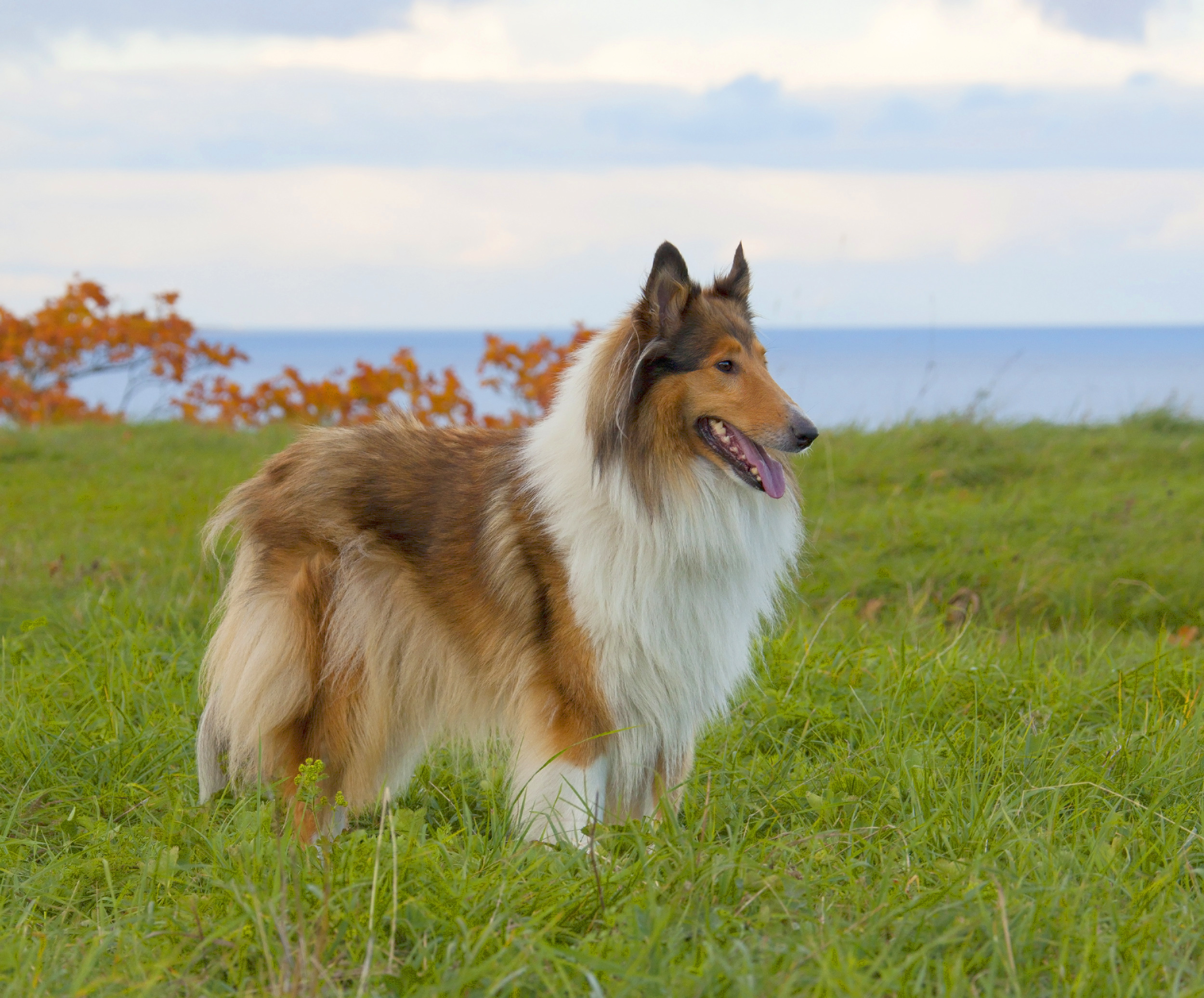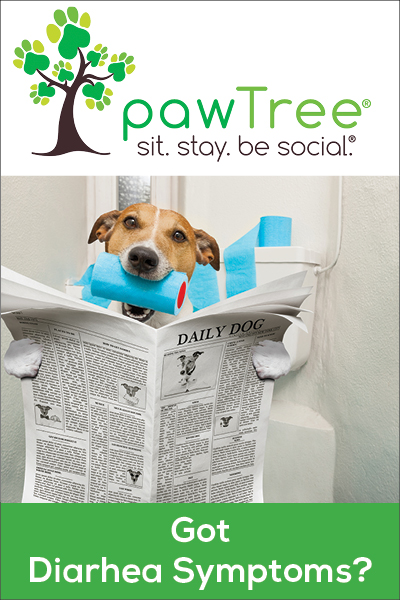
The Right Fit: Collies
With their striking intelligence and undeniable charm, have long held a special place in the hearts of dog enthusiasts worldwide. These remarkable herding dogs, known for their elegant appearance and unwavering loyalty, are much more than just a pretty face. Collies have a rich history as working dogs, initially bred in the rugged Scottish Highlands for their herding prowess.






